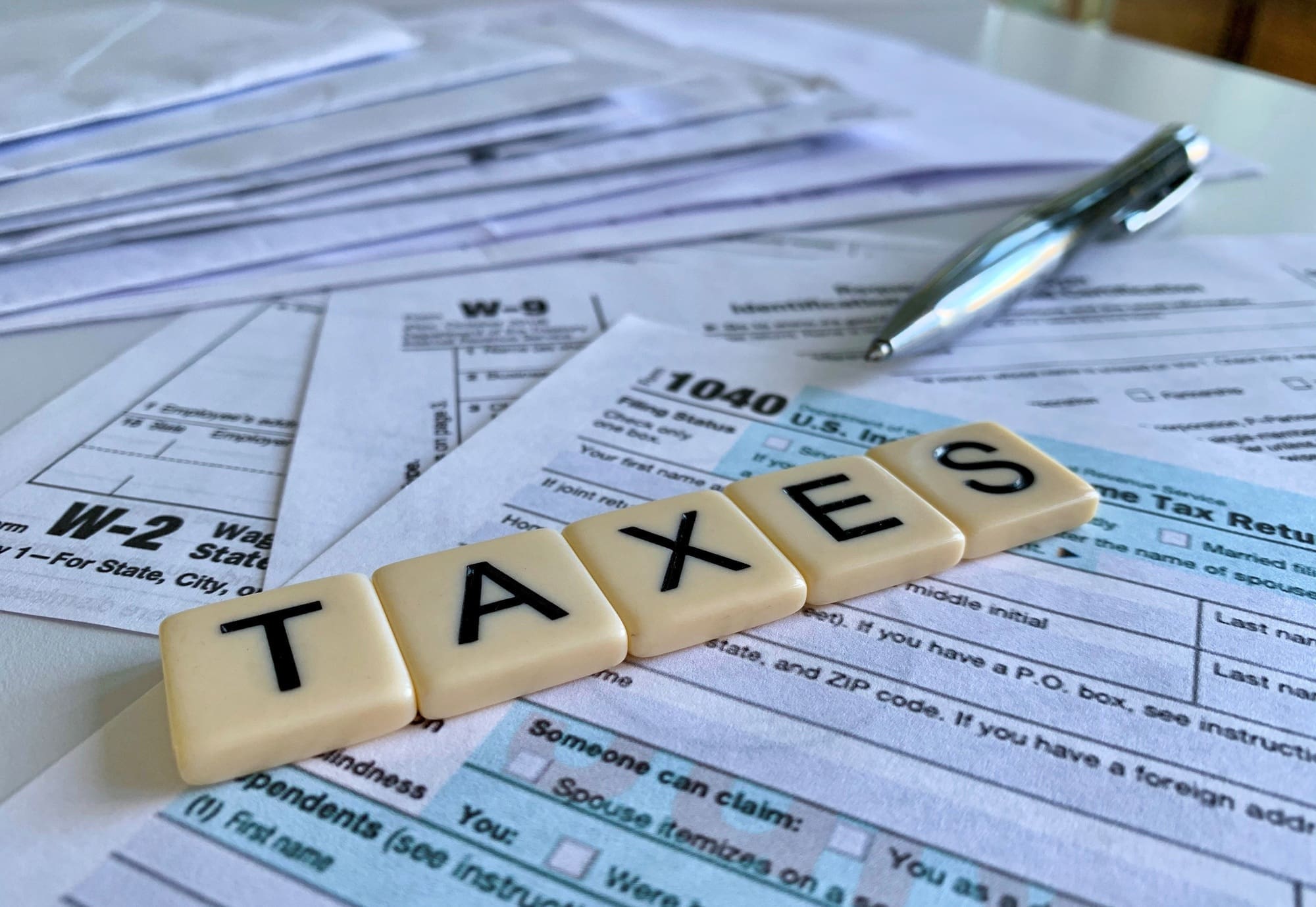With a general election on the distant horizon the possibility of a ‘mansion tax’ is once more on the agenda. While everyone will have their own view on whether such a tax is a good idea or not, it is worth re-examining what has held previous governments back from implementing these or similar proposals to date.
The first issue is the potentially far reaching implications which follow for everyone’s property rights.
UK taxes have traditionally been based on transactions so that the state takes a cut when people get paid, buy something, earn a profit or sell an asset. That seems equitable enough, particularly in a progressive tax system, but a ‘mansion tax’ changes all this at quite a fundamental level.
If people are compelled to pay what amounts to ground rent to the state for the privilege of owning and occupying what has always been understood to be theirs by law, freeholders then become leaseholders in the eyes of the law. There may be a perception that the political settlement reached in 1215 ( yes, it is the 800th anniversary of Magna Carta next year ) establishing rule of law over arbitrary state power has been breached. The ramifications of that breach are unpredictable and the wider and longer term political and economic outcomes are unknown.
Economically it is likely that a mansion tax, with a fixed threshold, would distort market dynamics and create a more non- porous barrier at £2m the effects of which would filter down the system. Anyone who has bought or sold property around a particular SDLT band will appreciate what this means – it affects the fluidity of the property market below any threshold. Most UK governments are keen to promote activity in the property markets but, against this background, activity may slow and therefore directly impact on the much more important transactional taxes.
Because a mansion tax will confuse the principles of property law there are also both predictable and unpredictable outcomes as people’s perceptions and behaviour change. The point is that the implicit threat will affect decision making in the real world and my next blog on the topic will briefly examine what the reactions of those initially affected might predictably be.
Governments can, of course, enact new legislation but effective and enduring law is based on established principles. Breach the principles and deeper and more fundamental issues emerge. It is thought that successful application of a mansion tax would consequently require a national debate and general acceptance of changed principles.
Secondly there is the implicit threat of a wealth tax.
Wealth taxes tend to work best where the jurisdictions operate very low rates of income tax such as Singapore or Hong Kong simply because it is easier to assess and collect in those jurisdictions than taxes on income. Furthermore, property ownership in these jurisdictions may be thought to lack the centuries of stability, tradition and a robust legal system which underpin property rights in the UK. One only needs a superficial knowledge of current events in Hong Kong to decide whether the area represents a safe haven or property or not.
Outside of those jurisdictions which severely tax and restrict property ownership, France is probably the most familiar and comparable jurisdiction to operate a wealth tax. Anyone worth more than €800,000 is assessed on equivalent value of 0.25% of their assets a year. This rate rises to 1.5% over 5 bands. The implicit perceived threat for the wider population is therefore that a mansion tax might represent the beginnings of a French-style wealth tax.
Would that necessarily be a bad thing ? Again, everyone will have their own view but the point is that UK governments have historically been acutely aware that implementation of a wealth tax tends to be associated with a flight of capital from the jurisdiction concerned. France is a well documented example as is Sweden prior to 2007 ( when it abolished its wealth tax).
Generally then, politicians are very wary of the unpredictable and destabilising possibilities of the idea. The threat to ‘business as usual’ and its normal tax collection regime coupled with the anticipated paltry benefits to the exchequer have led successive governments to concentrate on extending existing taxes rather than inventing new ones.


